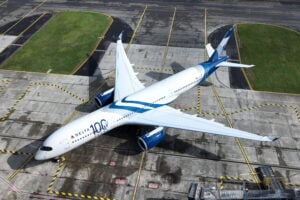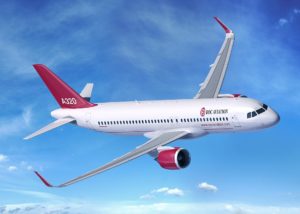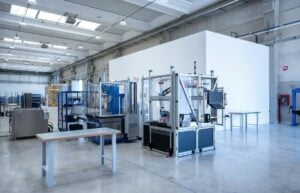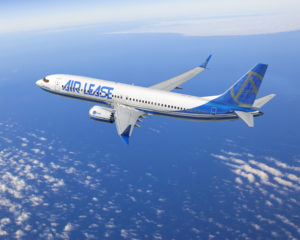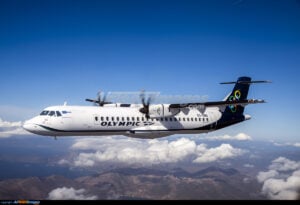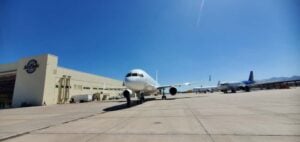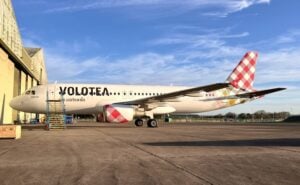Airbus, Aena, Air Nostrum, Iberia, Exolum and Repsol, have joined forces to address the primary challenges of deploying hydrogen-powered aviation in Spain. This is the first collaboration that brings together the entire value chain, from primary energy production and hydrogen ground operations, with two airlines on board and across a complete network of airports simultaneously.
This collaboration will provide the partners with a holistic view of hydrogen-powered aircraft and how it can be integrated into the airport ecosystem. It will focus not only on hydrogen supply and infrastructure but also on the specific requirements for ground operations at airports. The ultimate goal is to foster and support the growth of the hydrogen aviation ecosystem in Spain.
Karine Guenan, Airbus’ Vice President of ZEROe Ecosystem, highlighted that the decarbonisation of aviation is a critical goal for Airbus, and the deployment of hydrogen-powered commercial aircraft with its ecosystem is a key lever. Given Spain’s potential in renewables and low-carbon hydrogen production, it is essential for the aviation industry to collaborate to secure a future end-to-end hydrogen supply chain up to the airports.
Ana Salazar, Director of Sustainability at Aena commented: “The decarbonisation of the air transport sector is a priority for Aena. This collaboration will allow us to gain a broader understanding of how the process of supplying hydrogen to Spanish airports could materialise in the future, in order to establish a roadmap to address the main challenges presented by the introduction of this new energy sector in an airport environment.”
Airbus launched the “Hydrogen Hub at Airports” programme to promote the further expansion of hydrogen infrastructure in aviation. To date, agreements have been signed with partners and airports in 13 countries, including Canada, France, Germany, Italy, Japan, New Zealand, Norway, Singapore, Spain, South Korea, Sweden, the United Kingdom and the United States.



